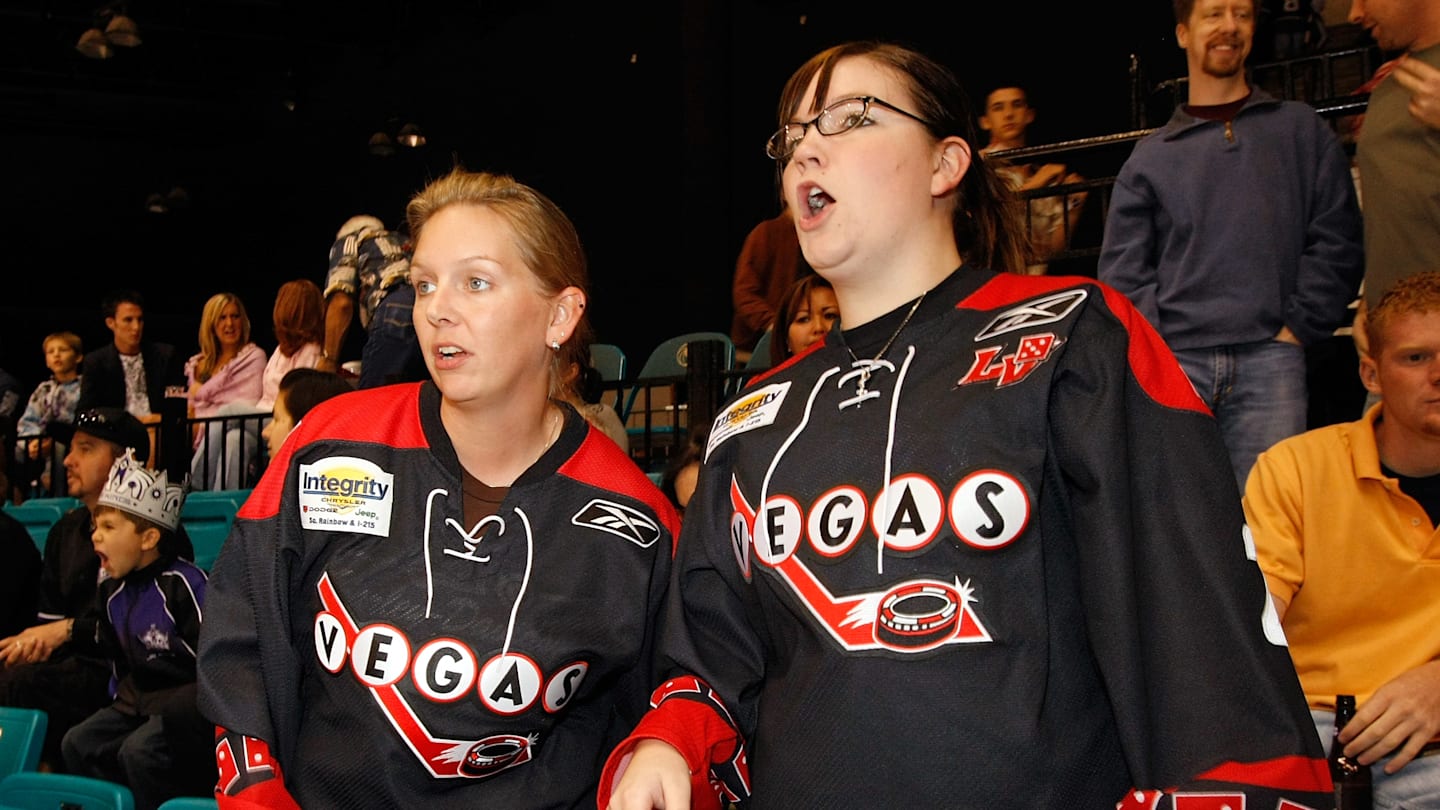
"One thing that was cited by the players in their quest for higher wages was the money teams and owners make from selling things such as concessions, souvenirs, and the like in the arenas. "Even as ticket prices rise and revenue from merchandise, food, and beverages continues to grow, players collectively do not receive a share of these revenues" the open letter from the professional Hockey Players Association writes."
"Hockey related revenue is what is namely negotiated with the league in terms of how much will be split among owners and players for wages. Remember the infamous 2004-2005 lockout saw players get 57% of that hockey related revenue. As part of the 2012-2013 negotiations that dropped to an even 50/50 split. The lack of hockey related revenue because of the pandemic is what lead to the escrow that prevented the salary cap going up any substantial amount until next season."
ECHL players and owners are negotiating a new collective bargaining agreement while still operating under the existing contract. Players publicly highlighted low wages and grueling game schedules and pointed to team earnings from arena concessions, souvenirs, and beverage sales that are not shared with players. Historical CBAs classified in-arena sales as hockey-related revenue, which determines the players’ share of league income. NHL players previously received 57% of hockey-related revenue, later reduced to 50% in 2012-2013. Pandemic revenue shortfalls triggered escrow rules that limited salary cap growth. ECHL revenue demands could set a precedent noticed by NHL stakeholders.
Read at Puck Prose
Unable to calculate read time
Collection
[
|
...
]